Lewis Hamilton stance on Israel has become increasingly visible as the Formula 1 icon continues to speak out against the humanitarian crisis in Gaza. The seven-time world champion has specifically condemned the deaths of more than 100 children killed during the first week of July alone in Gaza. We’ve seen Hamilton use his massive platform to highlight the devastating impact of the conflict, which has claimed over 59,600 Palestinian lives, most of them women and children.
Despite facing potential backlash, Hamilton has consistently voiced his support for Gaza amid the ongoing conflict that began in October 2023, when around 1,200 Israelis were killed and approximately 250 were taken hostage. His focus has primarily remained on the humanitarian aspects, particularly the plight of children. Indeed, Hamilton has expressed deep concern about the 83 children who have died from hunger and malnutrition in Gaza and the estimated 470,000 people at risk of starvation.
Furthermore, he has criticized the international community’s silence on the issue, calling for an immediate ceasefire and increased humanitarian aid. In this article, we’ll explore Hamilton’s political views on this sensitive issue and how he has used his influence to advocate for peace in the region.
Lewis Hamilton’s Recent Statements on Gaza
His Instagram story and UNICEF repost
In recent months, Lewis Hamilton has increasingly utilized social media as a platform for humanitarian advocacy. The seven-time F1 champion shared a powerful Instagram story in July 2023, reposting content from UNICEF that highlighted the devastating impact of the conflict on Palestinian children. With over 36 million followers, Hamilton’s social media presence serves as a significant amplifier for humanitarian concerns. His posts typically feature official UNICEF statistics and imagery, adding credibility to his advocacy while avoiding overtly partisan political stances.
Use of emotional language to highlight child deaths
Hamilton’s statements about Gaza are characterized by deeply emotional language that emphasizes the human toll of the conflict. “My heart breaks for the innocent children,” he wrote in one post, directing attention to what he describes as an “unimaginable humanitarian crisis.” Rather than engaging in complex political debates about Israel’s right to defend itself, Hamilton has consistently centered his messaging on the plight of children caught in the crossfire. His language reflects genuine anguish, often referring to “innocent lives” and “devastating suffering” to emphasize the humanitarian rather than political nature of his concern.
Timing of statements before major F1 events
Moreover, the timing of Hamilton’s Gaza-related posts appears strategically planned. He often shares these messages in the lead-up to high-profile Formula 1 races, when media attention on him peaks. For instance, just before the British Grand Prix at Silverstone, Hamilton posted about the crisis, ensuring maximum visibility. This pattern suggests a calculated approach to advocacy—using moments when his platform is largest to amplify humanitarian messages. Although some critics have questioned his timing as potentially distracting from racing, others view it as an effective use of his celebrity status to draw attention to urgent global issues.
Through these carefully crafted statements, Hamilton has established himself not just as a racing champion but also as a voice for humanitarian causes, especially concerning the Israel-Gaza conflict.
Context Behind the Conflict and Humanitarian Crisis
Timeline of events since October 2023
The humanitarian crisis that moved Lewis Hamilton to speak out began on October 7, 2023, when Hamas launched attacks on Israel, killing approximately 1,200 people and taking around 250 hostages. Subsequently, Israel imposed a total blockade on Gaza, preventing entry of vital necessities including food, water, medicine, fuel, and electricity. Following this escalation, on October 12, approximately 1.1 million Palestinians received evacuation orders to relocate south of Wadi Gaza. Throughout the conflict, multiple phases have unfolded, including the Rafah offensive (May-July 2024) and various limited ceasefires.
Impact of Israeli blockade on civilians
The blockade has devastated Gaza’s infrastructure and civilian population. In fact, 90% of Gaza’s 2.1 million residents have been displaced, many multiple times. As a result of restricted humanitarian access, essential supplies fall significantly short of critical needs. Consequently, 96% of water has become undrinkable, while 90% of homes have been damaged or destroyed. The siege has crippled Gaza’s economy, with markets nearly empty and prices for staple goods surging dramatically.
Statistics on child deaths and malnutrition
Since October 2023, more than 50,000 children have reportedly been killed or injured. Children account for 48% of blast injury deaths, with 40% of these victims under 10 years old. Meanwhile, malnutrition has reached catastrophic levels. Nearly one in five children under five in Gaza City is now acutely malnourished, with rates tripling since June in the worst-hit areas. In July 2025 alone, 63 malnutrition-related deaths occurred, including 24 children under five. The entire under-five population—320,000 children—is at risk of acute malnutrition, with only 15% of essential nutrition treatment services remaining functional.
Lewis Hamilton Call for Action and Global Response
Criticism of international silence
Beyond his social media advocacy, Hamilton has openly challenged what he perceives as global indifference toward the Gaza crisis. Frustrated by the lack of widespread condemnation, he has repeatedly questioned why more influential figures aren’t speaking out. “Too many are silent in the face of injustice,” Hamilton stated, pointing to the disparity between humanitarian needs and international response.
Appeal for ceasefire and humanitarian aid
Hamilton’s advocacy extends beyond awareness-raising to specific demands. He has consistently called for:
- An immediate and permanent ceasefire
- Unrestricted humanitarian access to Gaza
- Protection of civilian infrastructure, particularly hospitals and schools
Currently, his focus remains on the children affected by the conflict, highlighting that nutrition services for Gaza’s children are operating at just 15% capacity.
Meeting with the UK Prime Minister and Mission 44
Hamilton has taken his advocacy directly to political leaders, meeting with the UK Prime Minister to discuss the humanitarian crisis. This meeting underscored his transition from social media activism to direct political engagement. Through his foundation, Mission 44, Hamilton has also directed resources toward humanitarian relief in Gaza, demonstrating a commitment that goes beyond words. The foundation’s work represents Hamilton’s belief that advocacy must be paired with tangible action to address the suffering in Gaza.
Clarifying Lewis Hamilton Stance on Israel and Politics
No direct engagement with Israel
Understanding Lewis Hamilton’s position requires important nuance. Throughout his advocacy, Hamilton has carefully avoided directly engaging with or criticizing Israel as a nation. Instead, his comments have centered on humanitarian outcomes and civilian impacts. This distinction allows him to advocate for peace without entering complex geopolitical debates about state actions or motives.
Focus on peace and human rights
At the core of Hamilton’s messaging lies a consistent emphasis on universal human rights principles. His statements repeatedly highlight the value of civilian lives—particularly children—regardless of nationality or political affiliation. By framing his advocacy around these fundamental values, Hamilton maintains a moral position that transcends partisan politics.
No public support for Israeli actions
Notably absent from Hamilton’s public statements is any expression of support for Israeli military operations or blockade policies. His silence on justifications for these actions stands in stark contrast to his vocal concern for Palestinian civilians. Yet he has equally refrained from endorsing any political faction within the conflict.
Alignment with global humanitarian causes
This approach to the Gaza situation aligns with Hamilton’s broader humanitarian efforts. From environmental activism to racial justice, his Gaza advocacy represents another facet of his commitment to human dignity across borders. Therefore, his stance appears less a political position and more an extension of his established humanitarian principles.
Curious about where other celebrities stand on major global issues? Explore more profiles here.
Final Thoughts
Through his advocacy for Gaza, Lewis Hamilton has evolved from racing champion to humanitarian voice. His condemnation of international inaction has resonated with many fans who see him as courageously using his platform for meaningful change.
“It’s hard to find the words to express the total devastation I feel seeing what is happening in Gaza,” Hamilton shared with his 40 million followers. This emotional language highlights his connection to the crisis, moving beyond generic celebrity statements.
His warning that “The silence and lack of action from the international community will be judged by future generations” demonstrates his understanding of the historical significance of this moment. Undeniably, this perspective connects his Gaza advocacy with his broader commitment to social justice causes.
Public reaction to Hamilton’s statements has been predominantly supportive. As one commenter noted, “It is reassuring that most voices here are decent folk who see the truth of the situation that Lewis is drawing attention to”. Overall, many fans consider him “a brave man” for speaking out.
Hamilton’s continued advocacy, first calling for a ceasefire last year and now highlighting starvation and malnutrition, shows his sustained commitment to humanitarian principles. Ultimately, his stance represents a willingness to use celebrity influence for what he perceives as moral imperatives rather than sporting achievements alone.
FAQs
1. What is Lewis Hamilton’s position on the Israel-Gaza conflict?
Lewis Hamilton has consistently highlighted the humanitarian crisis in Gaza, focusing on the suffering of civilians, especially children. He has called for a ceasefire and increased humanitarian aid, but has avoided direct political commentary about Israel or Hamas.
2. Has Lewis Hamilton criticized Israel directly?
No. Hamilton has not directly criticized Israel. His public statements have centered on the humanitarian impact of the conflict, especially on Palestinian children, while steering clear of political or military blame.
3. Did Lewis Hamilton support Gaza publicly?
Yes. Hamilton has posted on Instagram about the crisis in Gaza, especially concerning child casualties and malnutrition. He has reshared content from UNICEF and other humanitarian sources to draw attention to the crisis.
4. What action has Lewis Hamilton taken beyond social media posts?
In addition to raising awareness, Hamilton met with the UK Prime Minister to discuss Gaza and has directed his foundation, Mission 44, to contribute to humanitarian relief efforts in the region.
5. Why is Lewis Hamilton speaking out about Gaza now?
Hamilton’s recent advocacy coincides with escalating child deaths and worsening humanitarian conditions in Gaza. He has spoken out before major F1 events, using media attention to amplify calls for aid and a ceasefire.
6. Has Lewis Hamilton commented on Hamas or Israeli hostages?
No. Hamilton has not made any public statements regarding Hamas or the October 7 attacks on Israel. His focus has remained solely on humanitarian issues affecting civilians in Gaza.
7. How have fans responded to Hamilton’s statements on Gaza?
Public response to Hamilton’s Gaza advocacy has been largely supportive. Many followers praise him for using his platform to highlight human suffering, though some critics believe athletes should remain apolitical.
8. Is Lewis Hamilton affiliated with any pro-Palestine or pro-Israel political groups?
No. Hamilton has not aligned himself with any political organizations involved in the Israel-Palestine conflict. His advocacy reflects a humanitarian stance rather than a political affiliation.
9. What is Mission 44’s role in Hamilton’s Gaza advocacy?
Mission 44, Hamilton’s charitable foundation, has extended its work to support humanitarian relief in Gaza. This reflects his broader commitment to social justice and vulnerable communities globally.
10. What message is Lewis Hamilton trying to send about Gaza?
Hamilton’s core message centers on protecting children and ending civilian suffering. He has called the situation in Gaza “a humanitarian disaster” and urges global leaders to act decisively for peace and aid access.

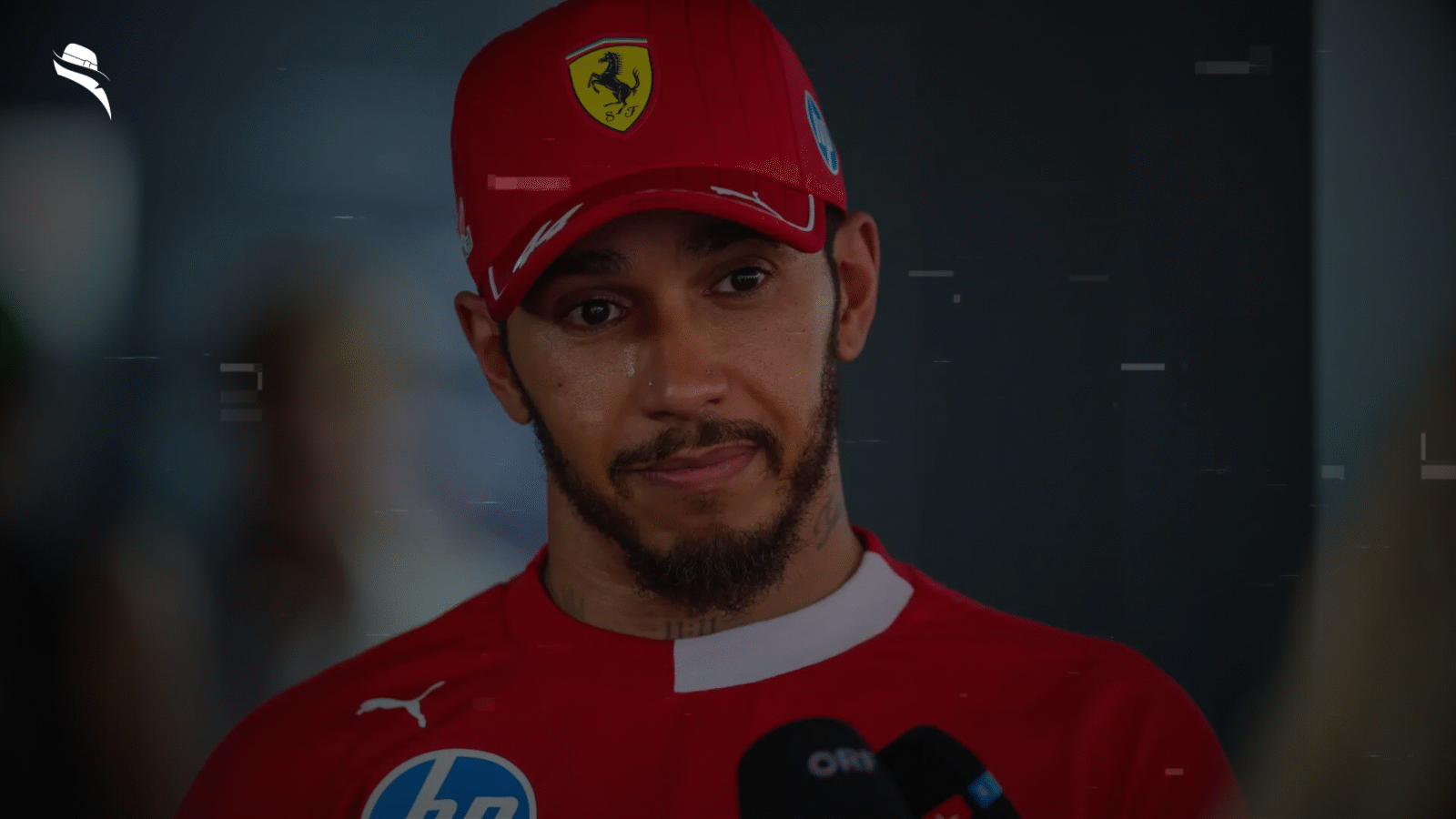
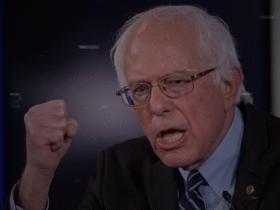
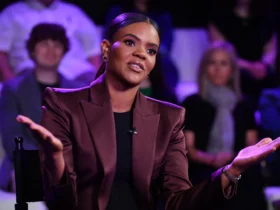
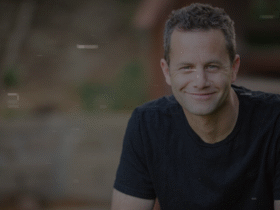

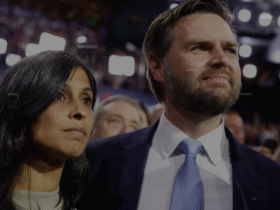
Leave a Reply